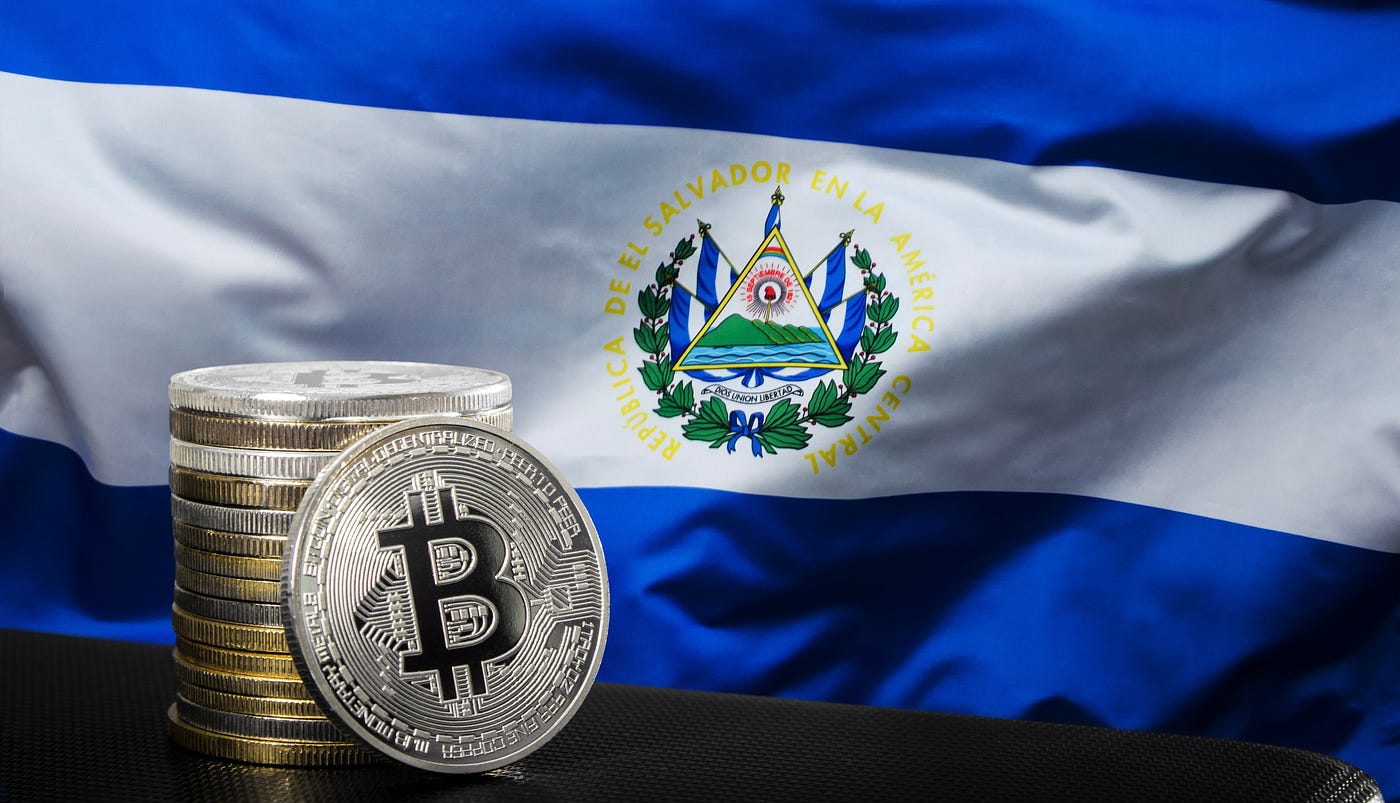Under the Wire
In 2021, El Salvador made headlines by embracing Bitcoin as an official form of currency.

In 2021, El Salvador made headlines by embracing Bitcoin as an official form of currency. While the crypto community anticipated a triumphant moment, a rollercoaster of huge leverage cascades and frozen exchanges unfolded.
This bold move by El Salvador didn’t sit well with the global financial establishment. The IMF slammed the door on further loans, and the country faced immense political and economic pressure. Every move made by their President was scrutinized under the watchful eyes of international media.
Rather than the grand entrance some had envisioned, this move marked the first jab at the existing global payment system. By recognizing Bitcoin as legal tender, El Salvador propelled crypto into the mainstream faster than the traditional banking system preferred, forcing regulators to step up their game.

This move shook the financial system’s foundation due to remittances and how they work. Remittances are simply money sent from one person to another, and they are a significant source of income for private banks, who earn fees for these transactions.
Crypto, however, doesn’t rely on intermediaries like banks to facilitate transfers between wallets. The downside is that its usefulness to the public depends on businesses accepting it as payment for goods and services or banks allowing people to convert crypto into fiat currency.
El Salvador’s adoption of Bitcoin as legal tender made it possible for people to use crypto for everyday transactions. This is crucial considering the significant amount of money that flows into the country from abroad.
It’s estimated that by using Bitcoin to send funds to families back home instead of services like Western Union, people saved over $400 million in transaction fees alone. This seriously dented Western Union’s profits. But the banking system’s concerns go beyond just profit.
Traditional funds transfers, whether between banks or through services like Western Union, typically rely on a wire transfer system that passes through a central clearing house. This allows governments to monitor each and every transaction to prevent fraud and illicit activities.
Crypto, on the other hand, operates without a central clearing house, and when transfers are between self-hosted wallets, while visible on the blockchain, they remain anonymous. This poses a risk, especially when countries want to monitor or restrict capital outflows.
Governments like to track the flow of money through their economies to gauge their health and the impact of monetary policies. They also appreciate the ability to slow down or halt specific transfers when necessary.

By accepting Bitcoin as legal tender El Salvador introduced a global payment system that operates outside the control of any government authority. This continues to raise concerns in other countries, especially the United States, which relies on its ability to control access to the coveted US Dollar.
Central banks and regulators are still grappling with how to integrate crypto into the financial system while retaining control over its flow. They lean toward creating central bank digital currencies (CBDCs) that they can monitor and manage.
However, this approach is less favored by the public, who appreciate the freedom offered by the present system. The concern with crypto lies in its volatility, which is why stablecoins, especially decentralized ones, are under scrutiny.
Although mainstream adoption might be happening slower than some would like, it’s crucial to strike a balance. Moving too rapidly, as El Salvador did, can produce a harsh reaction. On the other hand, following the pace set by the global banking system might take a decade and put crypto entirely under government control.
Meanwhile, Bitcoin is still legal tender in El Salvador, and all the fears of it crashing their economy have proved false. Just over a month ago, S&P Global upgraded El Salvador’s debt rating, and their President has an approval rating most Western leaders can only dream of.
Join Paribus
Delegate Your Voting Power to FEED DRep in Cardano Governance.
DRep ID: drep12ukt4ctzmtf6l5rj76cddgf3dvuy0lfz7uky08jfvgr9ugaapz4 | We are driven to register as a DRep by our deep dedication to the Cardano ecosystem and our aspiration to take an active role in its development, ensuring that its progress stays true to the principles of decentralization, security, and community empowerment.DELEGATE VOTING POWER!








